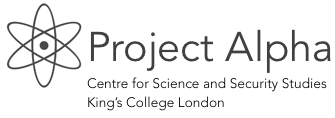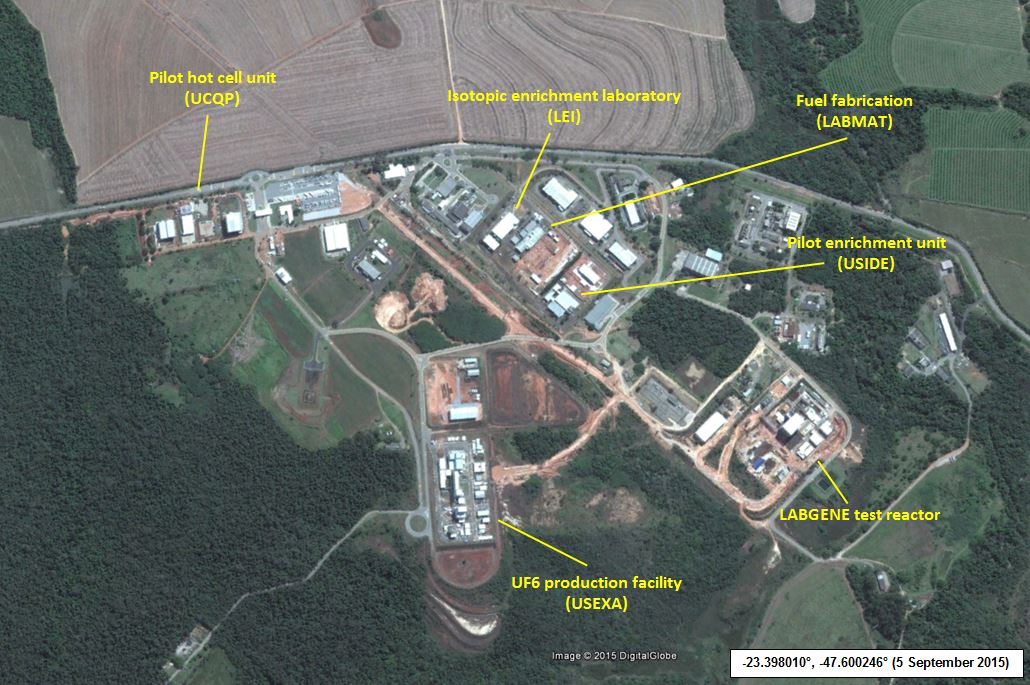As the new study shows, Brazil has used unconventional and possibly even illicit channels to support its nuclear development. American attempts to deny Brazil key nuclear-related technology have impeded but not stopped Brazil's nuclear development. As such, Brazil's example warrants examination in order to assist our understanding of how states are able to circumvent trade controls and non-proliferation efforts.
Based on a range of open source information including academic papers and newly-found contracts and tenders, the report describes:
- The centrality of German-supplied centrifuge technology to Brazil's centrifuge programme;
- Brazil's procurement from abroad of key centrifuge-essential technologies;
- Brazil's indigenous production efforts for export-controlled materials including carbon fibre and maraging steel; and
- Recent controversy surrounding Brazil's testing of nuclear fuel in a Norwegian research reactor.
The report can be downloaded at the link below.
(Correction: An earlier version of this report, released 4 January, misstated the year which Brazil acceded to the Treaty on the Non-Proliferation of Nuclear Weapons (the correct year is 1998, not 2008); used an erroneous chemical notation for the uranium isotope 235U; and inconsistently capitalised the word ‘navy’.)


